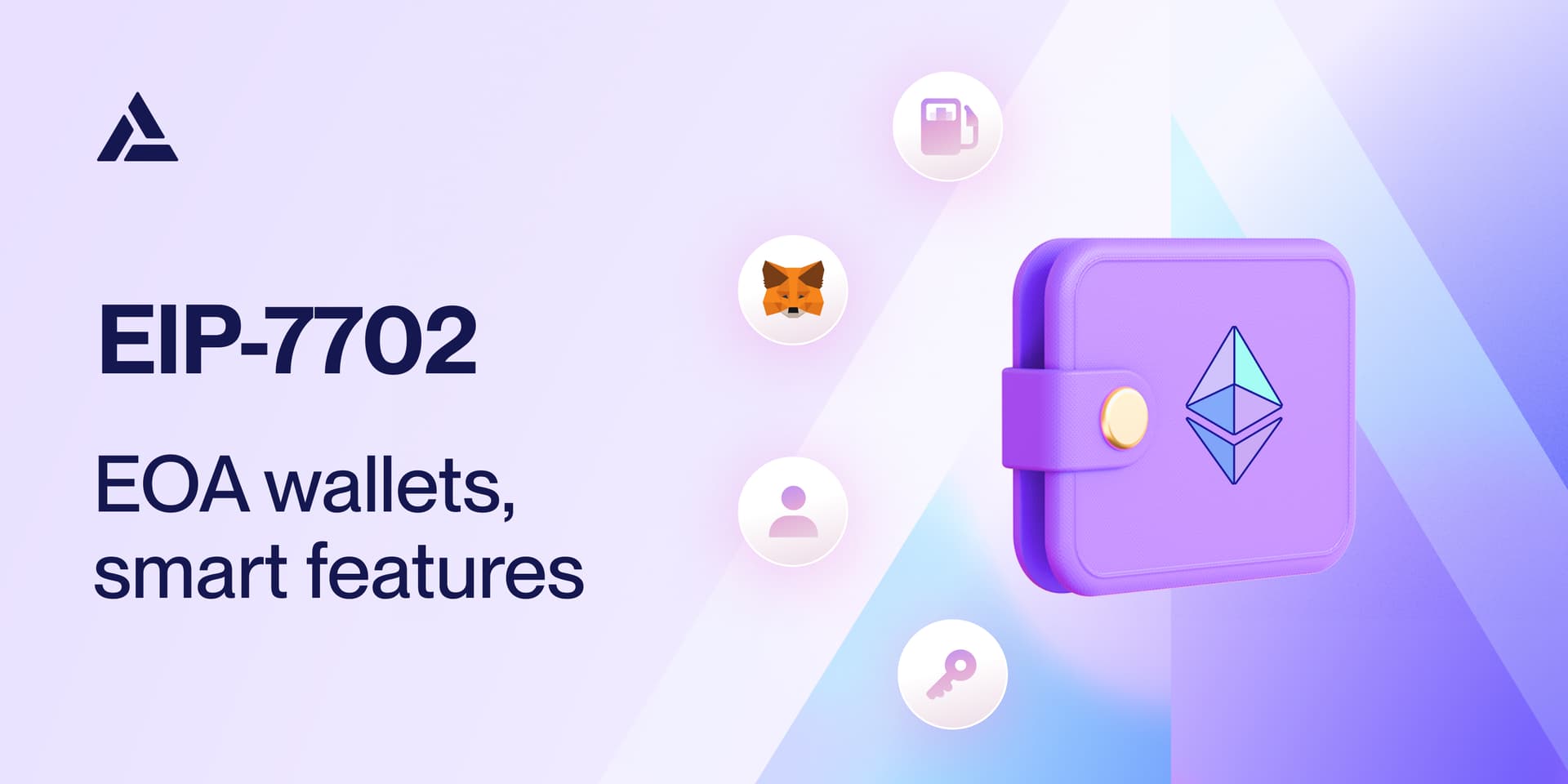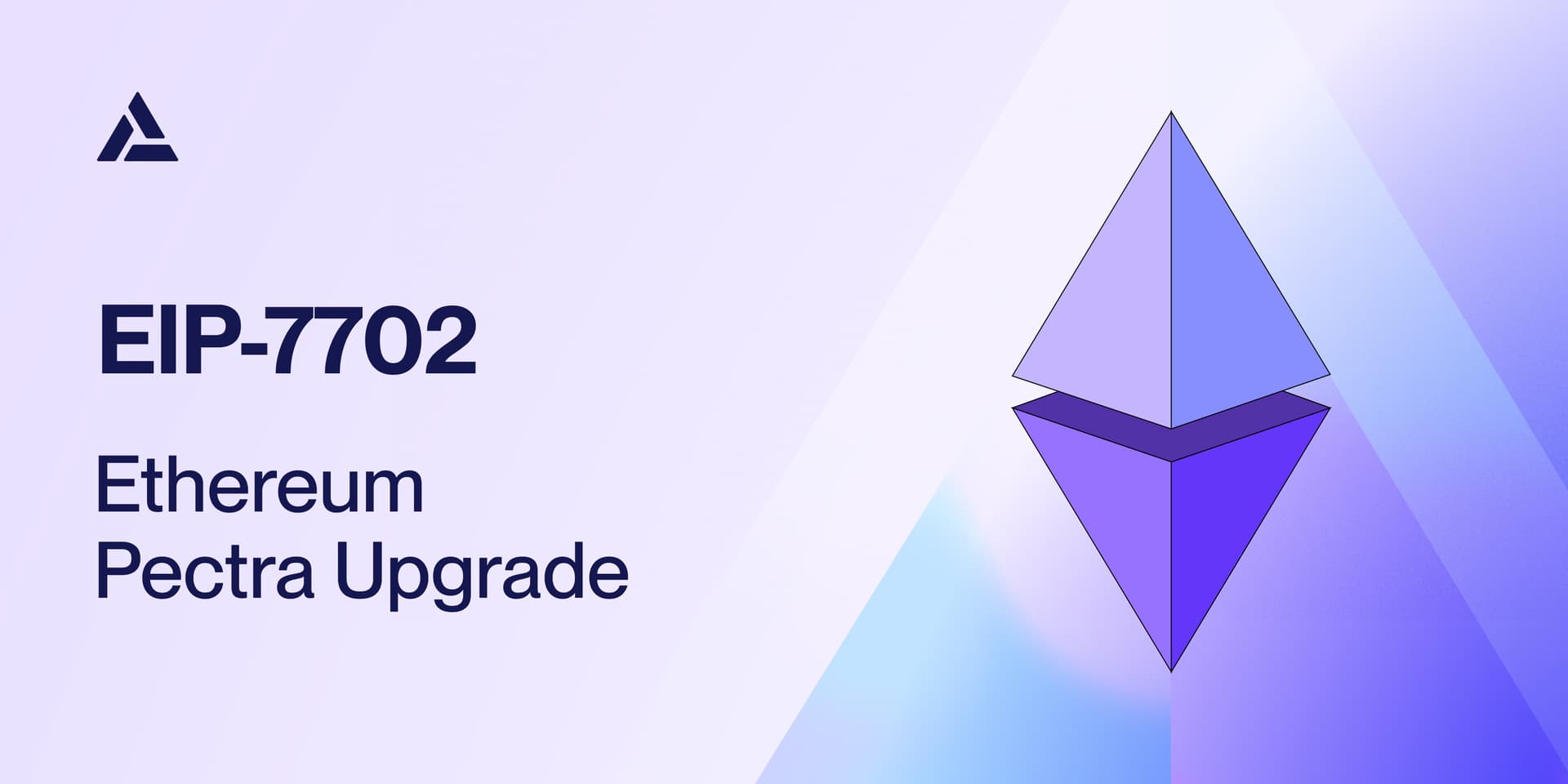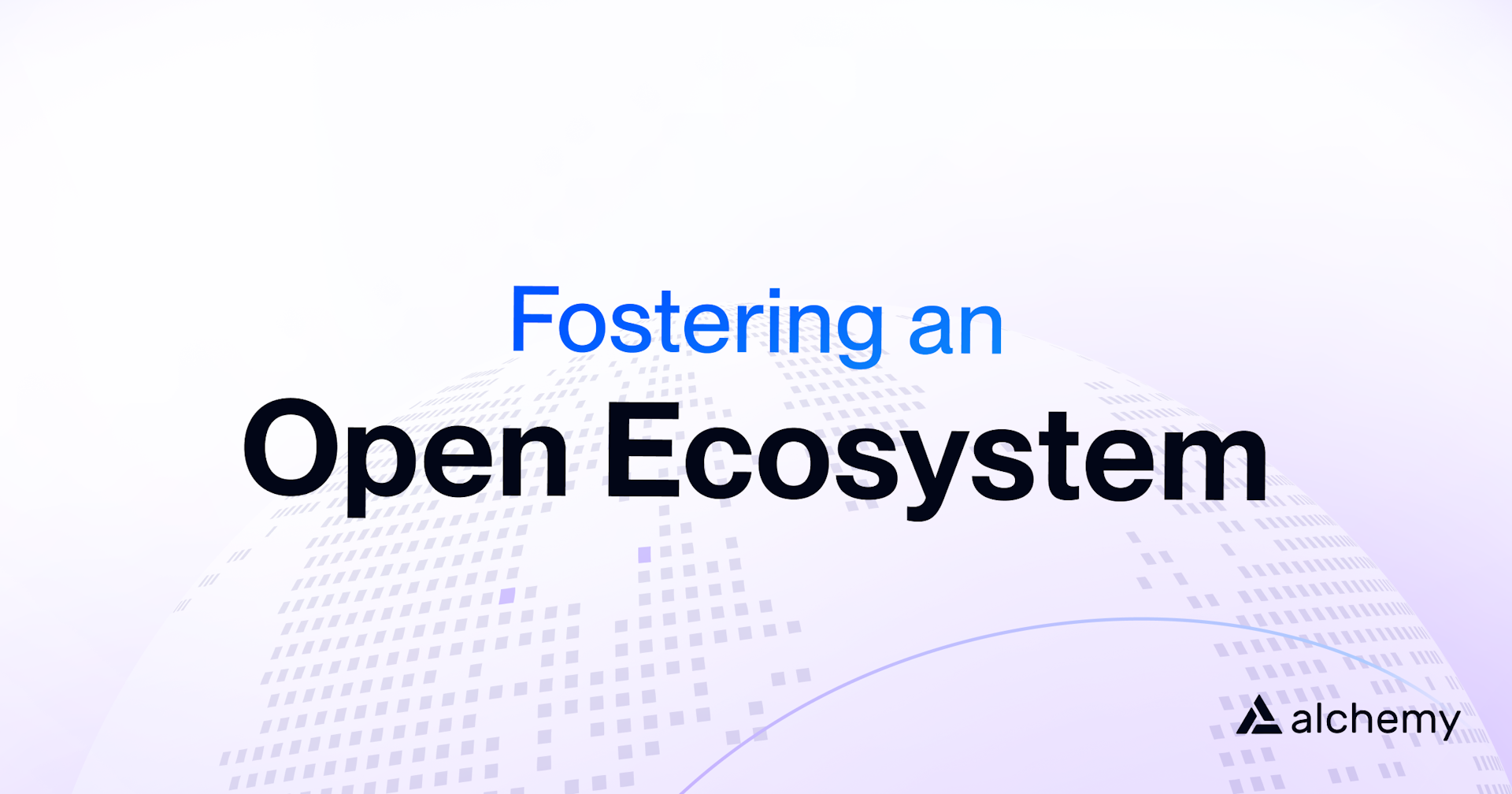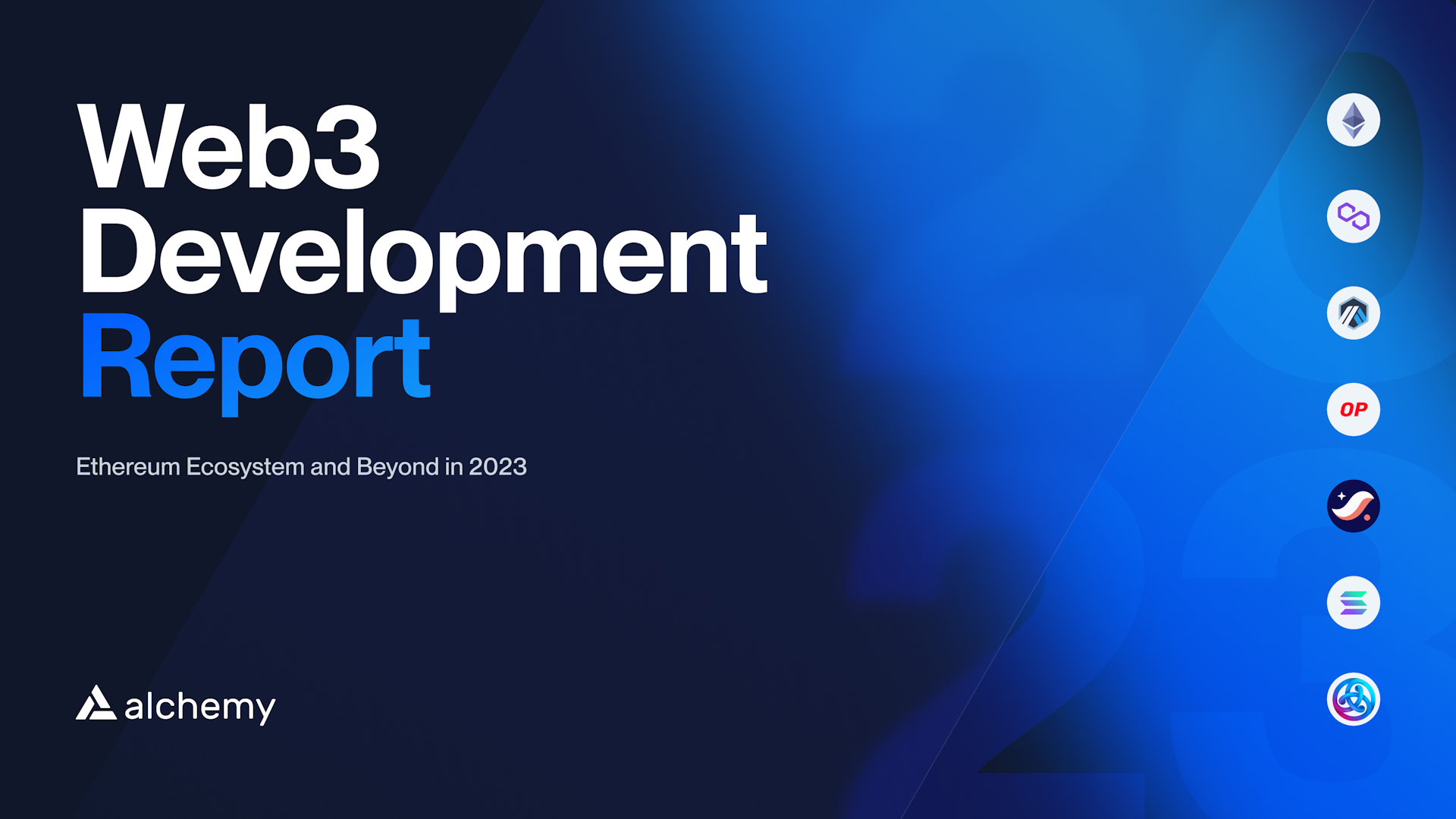What EIP-7702 Means for MetaMask and Other Wallets

EIP-7702 is set to transform how users interact with their wallets in 2025. For wallet providers, this represents both an opportunity and a challenge: enable new features that users want without compromising on security or user experience.
New to EIP-7702? Check out the intro blog for a 5 minute read.
The Challenge for Wallet Providers
EOA wallet providers face a critical decision: how quickly and deeply to integrate EIP-7702 capabilities. The stakes are high — wallet providers who successfully implement these features will be positioned to capture the next wave of onchain adoption. Those who don't risk losing users to more innovative alternatives.
While you may observe major wallets like MetaMask implementing custom solutions to address these needs, native EIP-7702 integration offers some distinct advantages:
Built-in compatibility with the growing ERC-4337 ecosystem
Seamless cross-chain functionality
Performance benefits of protocol-level implementation
Future-proof architecture aligned with Ethereum's roadmap
Put simply: custom implementations may work for wallets with massive existing user bases, but for most wallet providers, native EIP-7702 support will be crucial for staying competitive in 2025 and beyond.
What Your Users Will Expect
Users are increasingly demanding web2-like experiences from their wallets. With EIP-7702, you can deliver:
Familiar authentication: Social logins and passkeys that feel natural to web2 users
Gas payment flexibility: Let users pay fees in any token or sponsor transactions for them
Recovery options: Enable account recovery without seed phrases
Session management: Allow users to authorize dApps once for a set period
The catch? These features require thoughtful implementation to maintain security and trust.
Security Considerations for Wallets
For wallet providers, EIP-7702 introduces a nuanced security model that's different from both traditional EOAs and pure smart accounts. Here's what you need to consider:
Private Key Authority
The EOA's private key retains full control and can override smart account security rules
Users who lose their private key can still recover assets if recovery features were set up through EIP-7702
Consider implementing clear UI indicators when users are taking actions that bypass smart account security
Delegation Trust Model
Unlike ERC-4337 accounts, delegated functionality creates a revokable authorization
Multi-signature implementations require special consideration - other owners must trust the EOA holder since they retain override capability
Consider implementing automated checks for delegate contract reputation and security risks
Cross-Chain Considerations
Delegation transactions can be chain-specific or universal (
chain_id = 0)EOAs with different nonces across chains need separate delegation transactions
Consider implementing chain-specific warnings when delegation states differ across networks
Implementation Approaches
Based on our many discussions with wallet providers, we're seeing two different approaches.
Major wallet providers like MetaMask are currently exploring custom implementations that avoid EIP-7702's new transaction type, focusing instead on backwards compatibility and gradual feature rollout through their own delegation toolkit.
While this approach might work for wallets with massive existing user bases, by embracing native EIP-7702 support, wallet providers can offer their users amazing capabilities that stay aligned with Ethereum's technical roadmap.
The recommended path forward is full EIP-7702 integration:
Implement complete support for the new
SET_CODE_TX_TYPEEnable seamless integration with ERC-4337 infrastructure
Focus on enabling smart features like session keys and batched transactions
Build wallet interfaces using standardized RPC methods (we recommend ERC-5792) for consistent delegation management
Implement paymaster capabilities following ERC-7677 to enable gas sponsorship and flexible fee payments
This approach simplifies long-term maintenance and positions your wallet to capture value from the growing smart account ecosystem. Wallets with large existing user bases tend toward the first approach to minimize disruption, while newer wallets should opt for full EIP-7702 integration to differentiate themselves.
Building with Account Kit
For wallet providers looking to accelerate their EIP-7702 integration, Account Kit will provide you everything you need on Day 1.
Zero-friction onboarding with familiar email and social logins
Ready-to-use components for authorization flows
Secure delegation management
Flexible integration options for different wallet architectures
Built-in support for both EIP-7702 and ERC-4337
Looking Ahead
The wallets that succeed in 2025 will be those that offer the most capabilities while maintaining the security users trust. We're here to make sure you build, scale, and deliver only the best experience for your users.
Explore Account Kit to learn more.
And, reach out anytime so we can help you integrate these features today.
This is the second post in our series on EIP-7702. If you're still getting up to speed on EIP-7702, check out our previous post here.
Related articles

EIP-7702 and How You Should Prepare for the Pectra Hardfork
Ethereum is on the brink of an important upgrade with EIP-7702, set to launch in the coming months as part of the Pectra hardfork.

Fostering an Open Ecosystem
Alchemy’s mission is to bring the next billion users onchain. Getting there will require a fast-growing ecosystem of projects working to build the future of web3.

2023 Web3 Development Report
Web3 developer activity reaches all-time-highs as new rollup frameworks and account abstraction take root.
